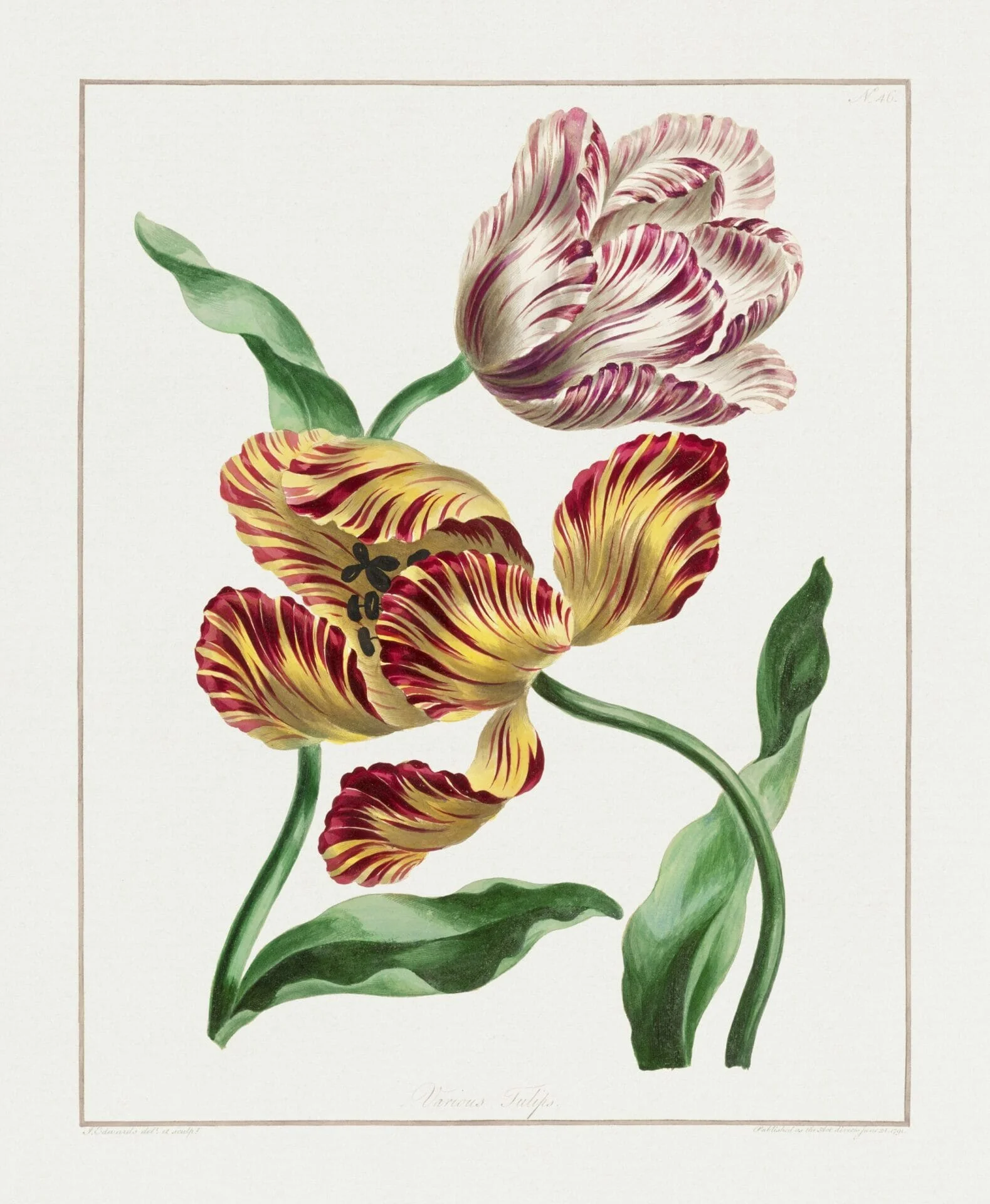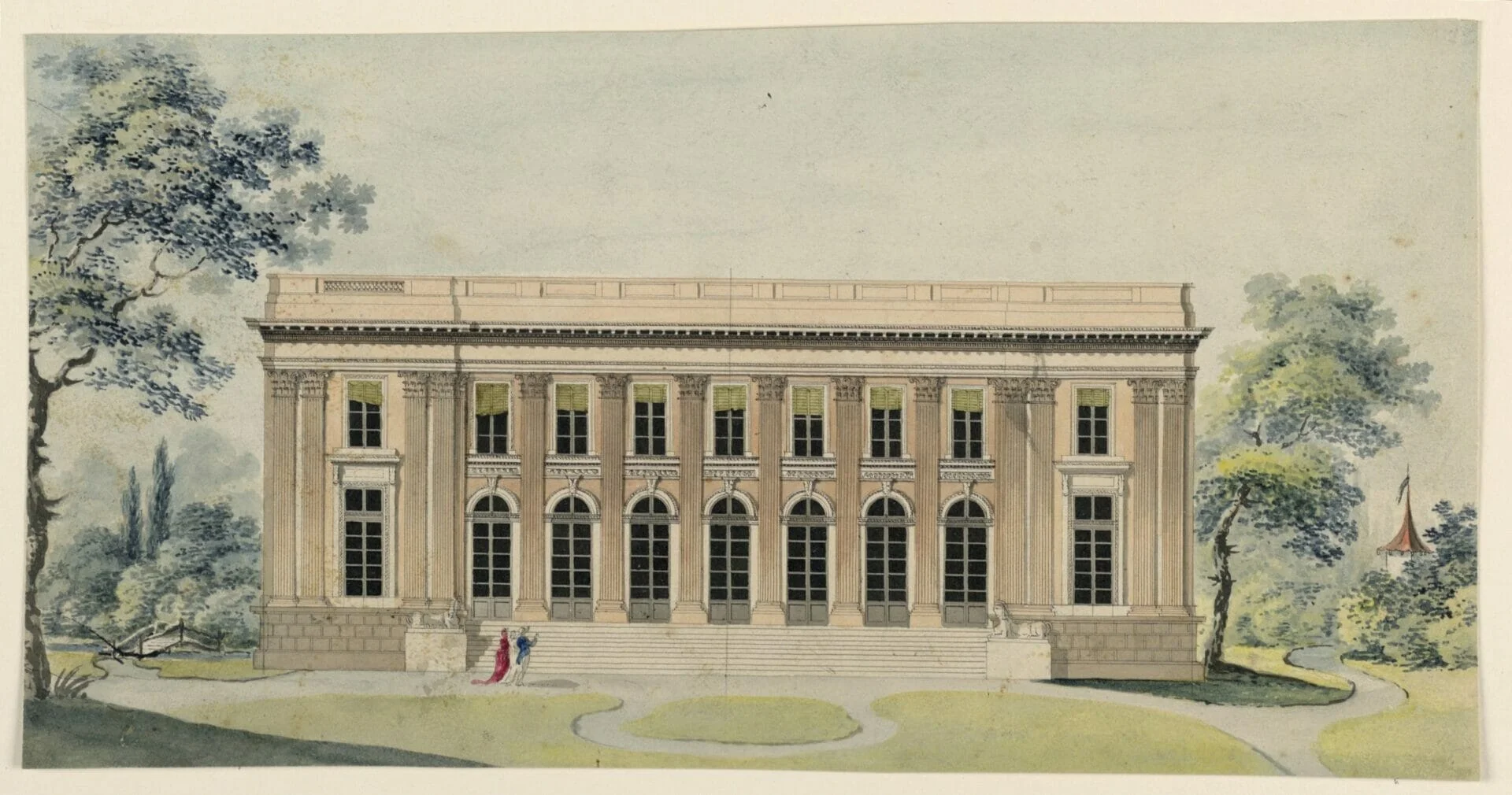
Love after Love by Derek Walcott | Feast on your life
Author
Year
Format
Loving someone can be a terrific experience, but it comes with a price: the self is no longer whole but split in two. There is a part that moves and devotes itself to another. As a consequence, when feelings end, it feels like something got lost and struggles to find its way back. Whoever goes through a breakup suffers from a painful void as a result. In 1976, Derek Walcott wrote Love After Love for the collection Sea Grapes: Love After Love speaks to the broken-hearted and reminds them that the most important devotion is the one they can build for themselves.
Breakups are a chance for self-discovery
The time will come
when, with elation
you will greet yourself arriving
at your own door, in your own mirror
and each will smile at the other’s welcome,and say, sit here. Eat.
To Walcott, poetry is a process of excavation and self-discovery. The same thing applies to the end of a love story. Introspection and self-recognition are the keys to waiting for the part of the heart that left and has to come back. Love After Love invites one to consider patience. Despite pain, nostalgia, and loneliness, that keep the mind focused on an unbearable present, there will come a time in the future when the most important reconciliation will happen. Walcott’s tone is gentle, conciliatory, and instructive, almost impersonating a friend that hugs the reader and gives pieces of advice.
Feasting on life
You will love again the stranger who was your self.
Give wine. Give bread. Give back your heart
to itself, to the stranger who has loved youall your life, whom you ignored
for another, who knows you by heart.
In 1633 poet and Anglican priest George Herbert wrote a religious trilogy of poems called Love. In Love (I), Herbert introduces the differences between mortal and immortal fondness. Love (II) is an exploration of devotion to God and mortal lust. In Love (III) a personification of Love introduces dialogue with the poetic voice and reminds him that he is worthy of love as well. In this third composition, Love invites the poet to a banquet:
“You must sit down” says Love “and taste my meat”
So I did sit and eat.
To Herbert, the flattery of passion is as succulent as that of a banquet. Walcott recalls these lines in his Love after Love. However, the banquet he depicts is solitary. Walcott invites the lover to give up all the talismans of his story – the letters, the photos, the notes – and to sit with himself. As a matter of fact, Walcott highlights that he must take care of himself the way he took care of his significant one. Loving oneself can be equally satisfying and fulfilling. It is a journey towards the real meaning of existence that concerns the self and the self only.
Take down the love letters from the bookshelf,
the photographs, the desperate notes,
peel your own image from the mirror.
Sit. Feast on your life.
Tag







